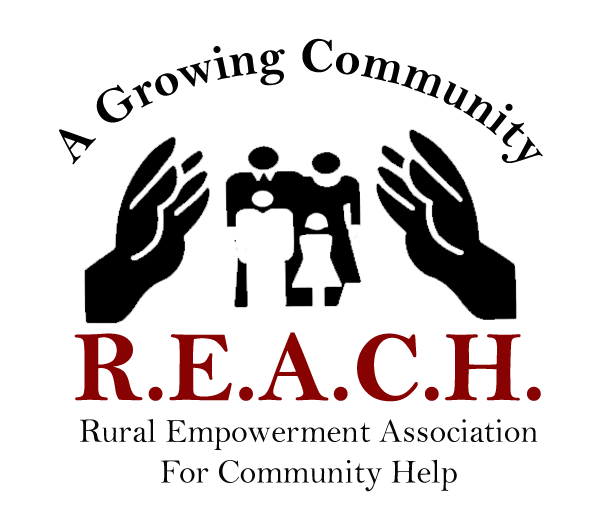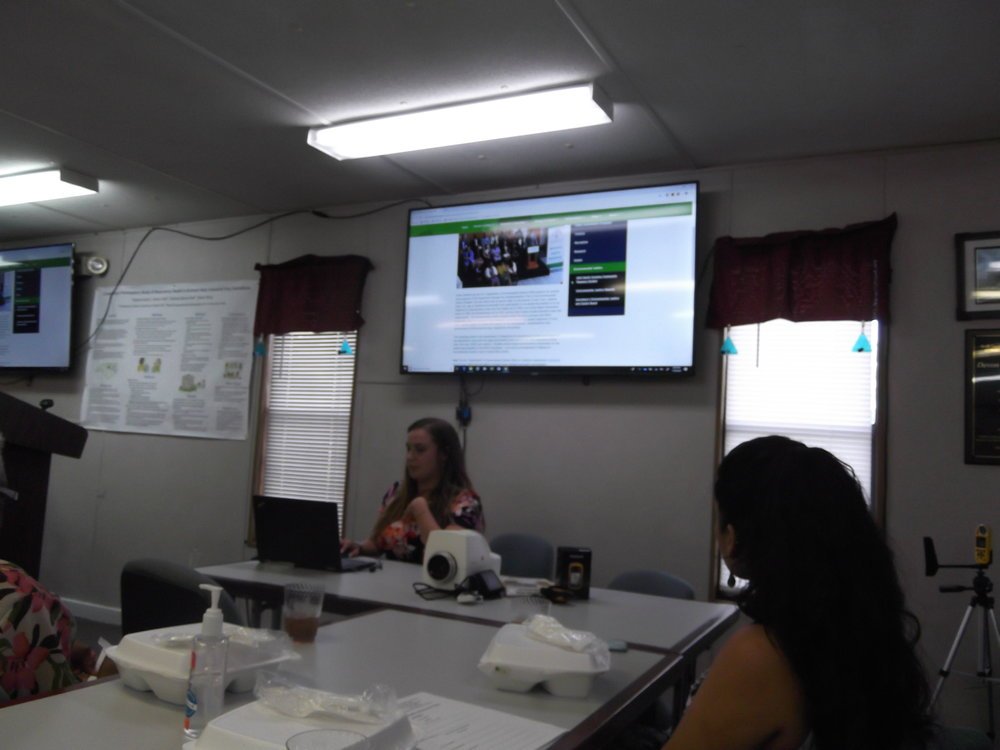Our Work
We’re working to empower our communities.
“REACH has established a strategic development plan in order to achieve its mission and goal. The REACH Strategic Development Plan focuses on five areas of concentration. This is brief a summary of the areas of concentration and focuses as identified by the REACH Board of Directors and REACH leadership:”
1. Leadership Development
Updated 1/8/2025
“The Rural Empowerment Association for Community Help (REACH) mission is to educate and empower to lead. The goal of REACH is to ensure community members to meet their basic human needs through equitable access to quality education, employment, housing, socialization and youth programs.”
REACH is dedicated to developing the leaders of today and tomorrow. We conduct a variety of programming designed to prepare community members to step into leadership roles, with a special focus on community leadership and running for office. We also encourage members to take on leadership positions within REACH to strengthen our work and build their skills as leaders.
2. Environmental Justice
With the help of research partners like the University of North Carolina-Chapel Hill and Johns Hopkins University, REACH works to empower community members to conduct citizen science to ensure ordinary people will not only participate in complex decision-making but will develop the confidence to hold individuals and institutions accountable when they are not serving their community.
3. Education and Awareness
Educating our members and partners about what is going on in our communities, towns, state, and nation empowers them to be outspoken about issues — and to assert themselves in the political systems that determine policies that affect their lives. Through regular meetings with our members, we share information about our research, relevant current and community events, and more.
REACH also collaborates with school systems to introduce middle school students to environmental justice and community-based research through presentations, field trips, and laboratory demonstrations of air and water quality monitoring methods.
4. Building Coalitions
We know that we’re strongest when we work with diverse communities and organizations to advance our collective goals. Some of our partners include:
NON-PROFIT PARTNERS
UNIVERSITIES
Guilford College
NC A&T State University
North Carolina State University
Johns Hopkins University
University of North Carolina - Chapel Hill
AGENCIES
Environmental Protection Agency
NC Department of Environmental Quality
United States Department of Agriculture
REACH Civic Engagement



